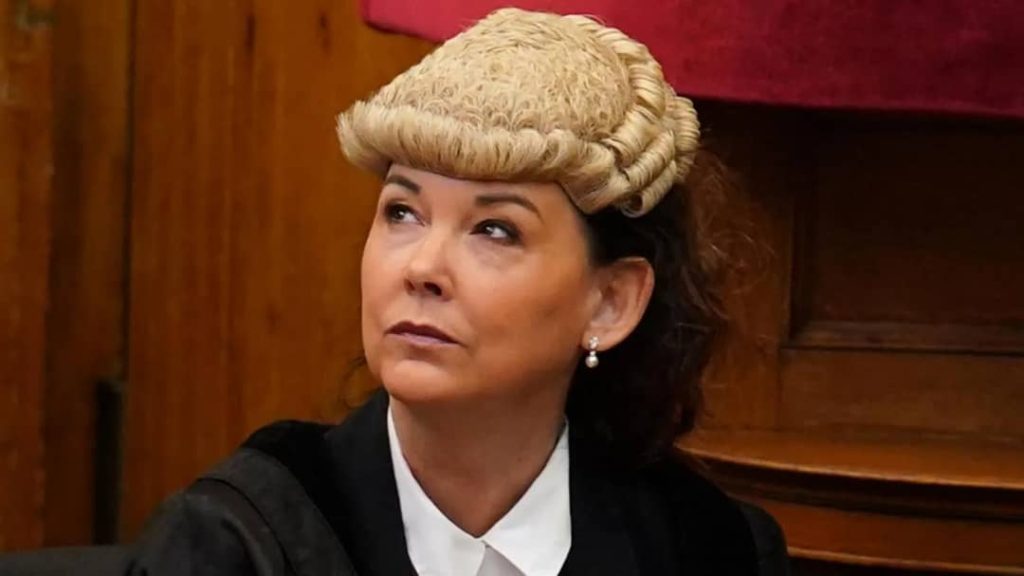By Eniola Amadu
The senior law officer in Scotland has moved to reassure survivors of sexual assault that safeguards remain in place, following a ruling by the Supreme Court cautioned that Scottish legislation restricting intensive questioning could be breaching men’s legal right to a fair hearing.
The lord advocate, Dorothy Bain KC in a statement said: “I would like to make clear that I understand sexual abuse inflicted upon women and children to be the single greatest challenge our justice system faces.”
“It is unacceptable and victims should feel able to speak out without further fear”.
Commenting on the Supreme Court decision, she said: “The supreme court ruling does not alter the statutory protections for those giving evidence.”
“We will continue to balance the fair handling of every case and the protection of victims, in accordance with the evidence, the law and the public interest.”
Five judges had ruled the court should change their style to involving information about the accuser’s behavior or past sexual conduct.
Bain noted that “any intrusion into a complainant’s privacy must be no more than is necessary to ensure that the accused receives a fair trial”.
Legal director at the Crown Office and Procurator Fiscal Service (COPFS), Katrina Parkes, reassured victims that it would “respond swiftly” to recent legal rulings.
She said: “We have already delivered guidance and training across COPFS, and this has enabled those working on cases to respond.
“The ruling does not automatically render existing convictions unsafe. Any appeals would be considered on a case-by-case basis through established review processes.”
The legal director noted that the Crown Office would be “continuously assessing the impact of this judgement upon our work” and provide updates for those involved in an ongoing case.
“Access to a fair and humane justice system for all is a priority for all prosecutors, and we do our upmost to uphold these values at all times.”
Meanwhile, the chief executive of Rape Crisis Scotland, Sandy Brindley said that the ruling could reverse progress made.
“The possibility of having your sexual history dragged up in court really could put women off reporting. I think there is a real worry about what does this mean for future cases and women’s confidence in the justice process in Scotland” she said.



